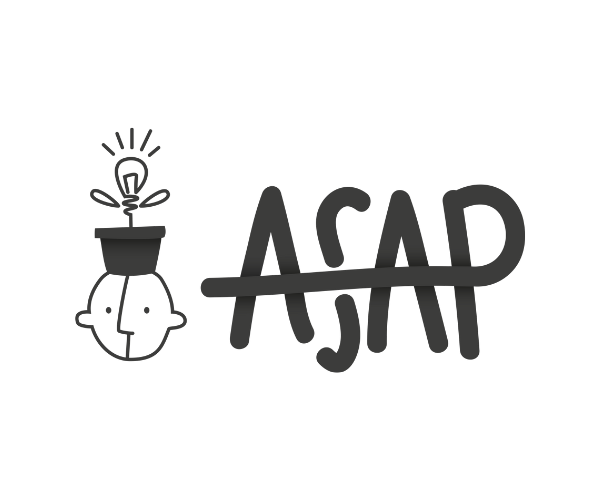ASAP
ASAP
2022-1-IT02-KA220-SCH-000090043
01.09.22 - 31.08.25
400 000,00
Erasmus+
Ongoing Projects
Fondazione Politecnico di Milano
Pepita Onlus
Associazione Le Niuê
COFAC
DOBA - Fakulteta za uporabne poslovne in druzbene studije Maribor
ProEduca z.s.
DKMK - Association for Communication and Media Culture
Istituto Comprensivo Statale Via Bologna Bresso
ASAP - A Systemic APproach to social media and pre-adolescents through thinking skills education.
The already significant digital transformation experienced over the last 30 years has been given a strong boost by the COVID-19 pandemic. Today’s school kids are not only digital natives; they were also forced for almost two years to move most of their daily learning and relational activities to online platforms. Digital spaces are, therefore, increasingly institutionalised even among children and in the school context.
ASAP addresses digital transformation from the onset age by fostering a conscious use of digital and social media in kids (namely pre-adolescents). The project works on metacognitive skills aiming to develop the kids’ understanding of how media shape and transform the relation between the inner and the outside world. Digital transformation will not end; therefore, kids need to develop skills related to awareness, metacognition, and abstraction, linked to thought and critical thinking, thus building resilience and capacity to feel at home in changes. Also, ASAP aims at the creation of a school community speaking not only through social media but also about social media.
ASAP addresses several Key Competences, i.e. Digital, Literacy, Personal & Social, Citizenship, Cultural Awareness & Expression competences. Most importantly it addresses Learning to Learn; metacognition, indeed, strengthens the kids’ ability to think about their actions on social media and prevent impulsive behaviour and disquiet in surfing on the internet.
The activities conducted within the project start from what students already know about social media, and the motivation and curiosity that drive every kid on the web. By doing that, ASAP will work on the awareness of dangers and hazards of the digital realm and the psychological aspects involved in the use of social media, which can lead to phenomena such as cyberbullying or exclusion. It also considers the major role that educators (teachers or families) play and the need for proper training so that they are able to guide reflection on the media.
CICANT Team
Ana Filipa Oliveira (Coordinator)
Maria José Brites (Co-Coordinator)
Margarida Santos (Project Manager)

